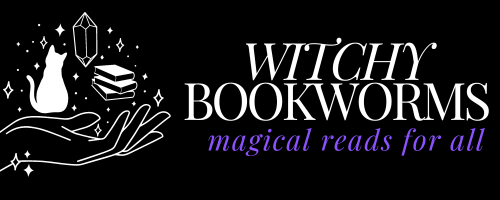In this era where most of us have hundreds, if not thousands, of social media “friends” we’ve never met, there’s a tendency to either steer clear of our real friends, or not bother with flesh-and-blood relationships in favor of sitting in front of a screen. Virtually all of my writer friends are, well, virtual. There are only a couple I truly know. And if it weren’t for attending conventions, I wouldn’t know them.
So where am I going with this? Quite a while ago someone did a study on social support. It’s been replicated a number of times, so I’m certain the findings were valid. In any event, the perception that we have social supports is just as effective as really having them. By that token, virtual friendships are just as potent as real ones.
One of my flesh-and-blood writer buddies has spent most of her career as a journalist. When she was young, she worked for a very famous novelist, doing research for his books. Back then (1980s) authors all had agents and they visited those agents and their publishing houses, which by the way, treated their writers like gold. In other words, they had lots of human interaction.
Roll the clock forward a few decades. The Big Five no longer treat their authors as anything other than commodities except for a few consistently high producers like Stephen King. There are hundreds of small presses and hundreds of thousands of independent writers who self publish.
Before I started writing, my previous vocation as a psychologist was very isolating. I always chose to practice in a group setting so I’d have someone to talk with. Yes, I know I always had patients to talk with, but that’s not a friendship. The therapy relationship exists solely for the client and can be very draining on the therapist. We worry a lot about our clients, but never tell them that.
For many of the same reasons I selected group practice, I chose to work with publishers when I started out as a writer. I truly appreciated having copy editors, line editors, cover artists, acquisitions editors, etc. to visit with because writing, too, can be a very isolating occupation.
For the true introverted intuitives of the world, the Internet is a huge boon. It allows them distance from other humans while also providing the illusion of social support.
So, what is friendship? Once upon a time it was my best friend who I picked up the phone and called. Do I still do that? Yes, but not nearly as much. Now I use email. It’s faster and easier. Or I text. It would be a fascinating social psychology experiment to take a close look at how people craft their relationships in modern times and whether there’s any connection between the high divorce rate, escalation in violent crime, and our tendency to gravitate toward virtual friendships.
What’s important to you in friendships? Do you have flesh-and-blood friends or web friends, or both? Do you feel differently about them? If so why?


Comments
Interesting post, Ann. The most important thing to me in a friendship is shared interests, similar temperament, and values. I have a small handful of friends who are flesh and blood friends that I originally connected with online. The few web-only friends I zoom with, so they feel like flesh and blood friends.